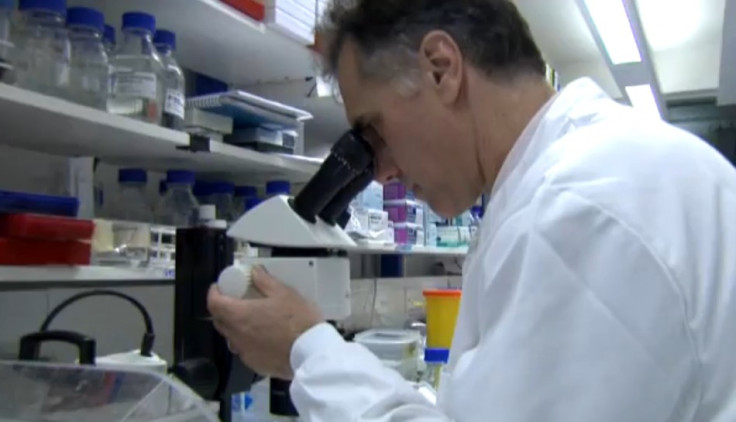Genetically modified herpes virus found to combat skin cancer cells says new research

British scientists have used genetically modified hepes virus to attack tumour cells, paving the way for potentially successful cancer treatments over the next decade.
The modified herpes virus is harmless to normal cells but when injected into tumours it replicates and releases substances to help fight the cancer, says the study.
Specialists at the NHS Royal Marsden Hospital and the Institute of Cancer Research (ICR) confirmed that melanoma skin cancer patients treated with a modified herpes virus had improved survival – a world first, according to a paper in the Journal of Clinical Oncology.
The research said that although all those tested had aggressive, inoperable malignant melanoma, those who received the virus therapy – T-VEC, manufactured by American firm Amgen – at an earlier stage survived on average 20 months longer than patients given an alternative.
Cancer scientists predict it will be the first of many in the coming years, and the findings have already been submitted to drugs regulators in Europe and the US.
Viruses make promising cancer treatments
Kevin Harrington, UK trial leader and professor of biological cancer therapies at the ICR and an honorary consultant at the Royal Marsden, said: "I hope, having worked for two decades in this field, that it really is the start of something really exciting. We hope this is the first of a wave of indications for these sorts of [cancer fighting] agents that we will see coming through in the next decade or so.
"There is increasing excitement over the use of viral treatments like T-VEC, because they can launch a two-pronged attack on tumours — both killing cancer cells directly and marshalling the immune system against them. And because viral treatment can target cancer cells specifically, it tends to have fewer side-effects than traditional chemotherapy or some of the other new immunotherapies."
Patients showing responses beyond three years is something that up until now we could only have imagined
Professor Paul Workman, chief executive of the ICR said: "We may normally think of viruses as the enemies of mankind, but it's their very ability to specifically infect and kill human cells that can make them such promising cancer treatments."
Malignant melanoma, the most dangerous form of skin cancer and is is the sixth most common cancer in the UK - 13,000 will suffer from it annually and more than 2,000 die. Until the latest generation of drugs, there were no options if a tumour could not be removed by surgery.
Gillian Nuttall, the founder of Melanoma UK, told The Times: "Patients showing responses beyond three years is something that up until now we could only have imagined."
© Copyright IBTimes 2024. All rights reserved.





